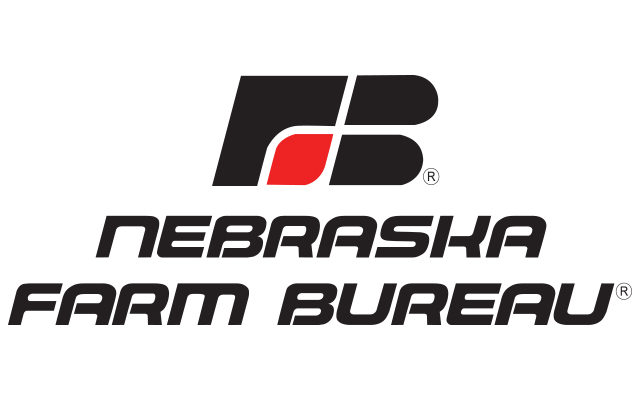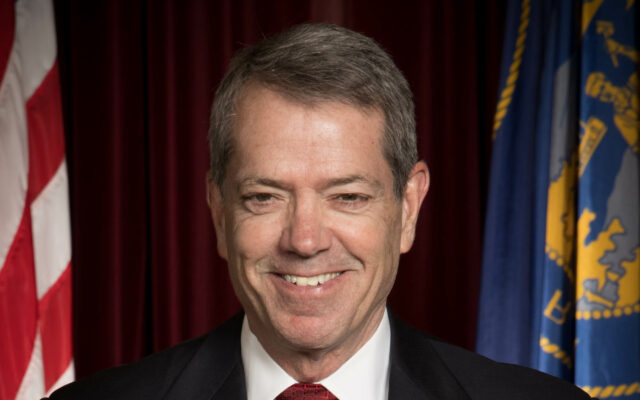Nebraska Farm Bureau Asks SBA to Help Farmers, Ranchers, Self-Employed

The Nebraska Farm Bureau is urging the Small Business Administration (SBA) to modify the agency’s Paycheck Protection Program (PPP) to allow more farm and ranch businesses experiencing COVID-19 financial pressures to utilize loan assistance offered through the program.
“According to analysis conducted by the American Farm Bureau Federation, only 1.3 percent of PPP program funds were distributed to the agricultural sector of the U.S. economy. The low level of funding is likely due to PPP rules preventing farmers and ranchers from participating in the new program,” said Steve Nelson, Nebraska Farm Bureau president. “Agriculture, food, and related industries account for roughly 5.4 percent of the U.S. gross domestic product so it would seem the percentage of PPP funding to the agricultural sector would be higher.”
Current rules mandate PPP borrowers must spend 75 percent of loans on worker salaries, yet a large share of farm and ranch family businesses are organized as sole proprietors who either have a small number of employees or in many cases are self-employed. The 75 percent threshold prevents many of those businesses from being able to take full advantage of PPP loan forgiveness provisions.
“We’re encouraging SBA to reevaluate the worker salary threshold to mitigate this barrier to program utilization,” said Nelson.
While the SBA recently allowed farmers and ranchers to utilize Schedule F tax returns to reflect payroll to themselves for purposes of calculating PPP loans, many farm and ranch families filed negative Schedule F tax returns as a result of multi-year agriculture commodity price declines and last year’s devastating flooding throughout the Midwest.
“We appreciate SBA’s actions to recognize Schedule F returns to help farmers and ranchers participate in PPP, but we encourage SBA to find another way to account for payroll expenses for small businesses locked out of PPP because of a negative Schedule F tax filing,” said Nelson.
In comments to the SBA, Nebraska Farm Bureau also urged the agency to increase the amount of loans that could be allocated for rent, in addition to broadening the type of business utilities that qualify for loan forgiveness.
“The purpose of the PPP is to aid small businesses in the face of the pandemic. Broadening loan eligibility parameters as it relates to payroll costs will make PPP much more helpful to farmers, ranchers, and other main street businesses that involve the self-employed or those with few employees,” said Nelson. “It’s our hope SBA will make these changes to expand participation opportunities for our members and others seeking much-needed assistance.”





